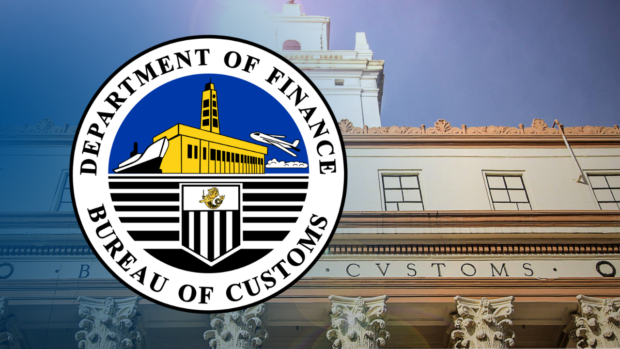BOC issues RCEP tariff rules
The Bureau of Customs (BOC) has issued the guidelines that spell out the conditions for obtaining preferential tariff treatment for thousands of products under the newly implemented Regional Comprehensive Economic Partnership (RCEP) agreement.
Considered the world’s biggest trade pact, the RCEP is expected to lower import taxes on goods from 14 foreign markets.
RCEP includes the Philippines, Indonesia, Thailand, Malaysia, Singapore, Brunei, Cambodia, Laos, Myanmar, Vietnam, China, Japan, South Korea, New Zealand and Australia.
In Customs Memorandum Order (CMO) No. 12-2023 dated May 26, the BOC said imported goods that originate from the RCEP member-countries are the only ones eligible to claim the preferential tariff rates provided under the agreement.
90 percent
The goal of the RCEP is to remove tariffs on at least 90 percent of the commodities traded between member countries, while also strengthening regulations for nontariff measures.
Within the trade agreement, the Philippines retained its existing preferential tariff rates for 98.1 percent of the 1,718 agricultural tariff lines, as well as for 82.7 percent of the 8,102 industrial tariff lines.
Out of the 1,685 agricultural tariff lines that are being preserved at present rates, 1,426 will be maintained at a zero rate.
Also, 154 tariff lines will continue to be charged at their existing most favored nation rates, and will therefore not be included in any form of tariff concessions.
“In cases where the RCEP preferential tariff rate is higher than the applied rate at the time of importation, the importer shall be allowed to apply for a refund of any excess duties and taxes paid for originating goods,” the BOC said in a statement.
Under RCEP, certificates of origin have been mandated to accompany goods as they are transported between member-countries.
Such certificate attests to the country of origin of the goods, allowing customs authorities, importers and exporters to monitor the movement of goods within the RCEP trading bloc.
To qualify for the RCEP tariff rates, importers must obtain this certification along with a declaration of origin from exporters who have been authorized by the Philippines, as specified by the BOC.
Also, the BOC has tasked its Export Coordination Division to scrutinize all submitted certificates of origin and applications for Approved Exporter status.

